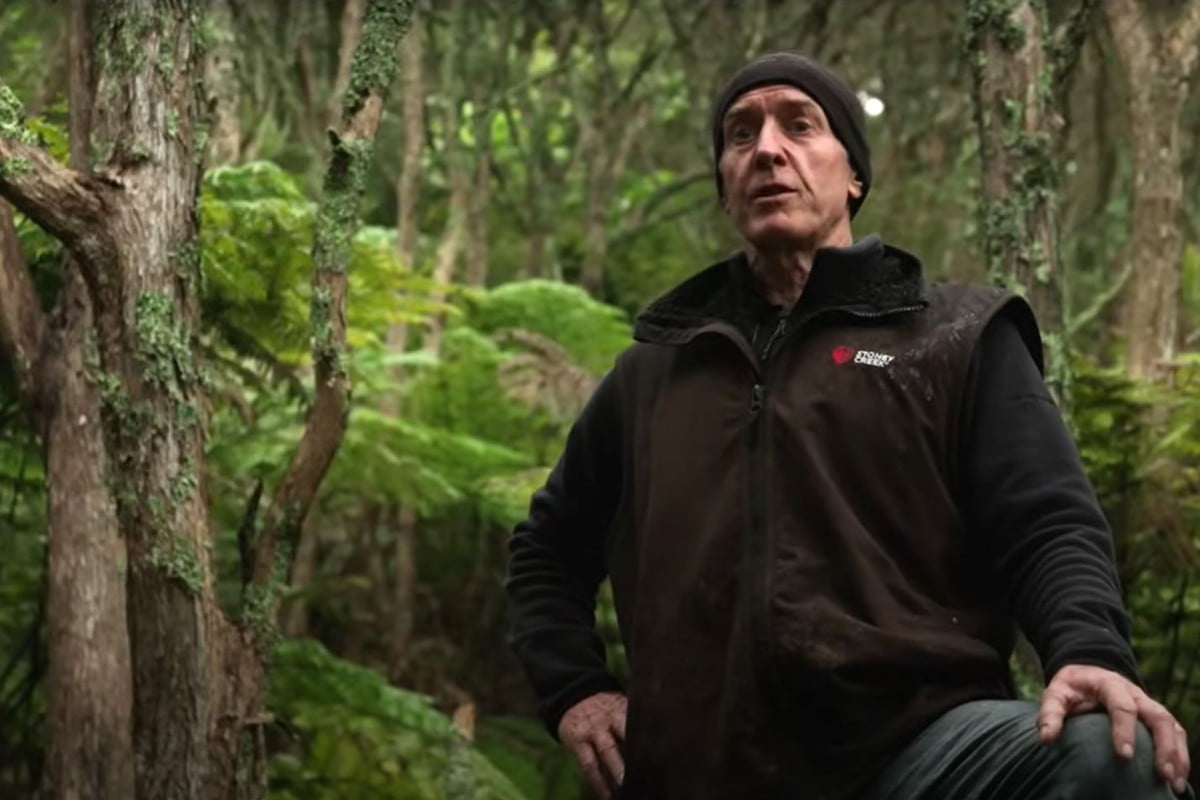Double Data: Unlocking Opportunities for Data Sharing
What are the stumbling blocks to data sharing between our primary sector organisations and government agencies? A trial of a new approach with Beef + Lamb Genetics offers six ideas to shape effective negotiations.
Improved data sharing between primary sector organisations is a long-held goal of many. It could save farmers significant time and effort, and unlock data-driven innovations and market advantages for our primary sector. Past attempts have had limited success, but a trial of a new approach with Beef + Lamb Genetics might present a way forward.
Many organisations collect or use farm data: government agencies, industry organisations, farm advisors, and food and fibre sector businesses. There is widespread acknowledgement that better ways of sharing farm data between organisations would reduce the time and costs of providing data for both farmers and their own organisations. There are also additional wider benefits to the food and fibre sector.
Yet, so far, negotiating data sharing agreements between multiple parties has proven challenging.
A new analysis of past data sharing failures and international successes has taken a fresh approach to thinking about how we might achieve better data sharing arrangements. In late 2023, the concepts were tested as part of a Beef + Lamb Genetics data sharing project.
“Technology and data interoperability issues are often cited as the main barriers to successful data sharing agreements,” says lead researcher Adam Barker from Scarlatti. “But the work done across this project highlights that the human and soft organisation issues are more likely to be stumbling blocks than data management issues.”
These issues include often hidden or overlooked motivations, concerns, and the history between organisations and even individuals.
Recognising these barriers can provide insights that will prevent negotiations from stalling.
The research outlines six ideas that can help shape effective negotiation processes. It also offers 40 questions to allow a thorough analysis and understanding of each parties goals, hesitations and aids.
The six principle ideas are:
- Acknowledge the complexity. When working towards an agreement, by recognising complexity beyond technology and data interoperability, it is more likely that the parties will plan a negotiation process with the structure and formality needed to maximise the chance of success.
- Use an independent facilitator. This is necessary to fairly analyse the process, provide a trusted liaison between parties, and coordinate the development of contracts and agreements.
- Undertake a thorough analysis of a wide range of factors. These may include the parties involved, their purpose, datasets, data flows, and the organisational factors that influence their decision-making, motivations, and hesitations to share data. The 40 questions could be used during this analysis as a starting point to help parties understand the different factors at play.
- Recognise and address human/soft organisational factors up front. These may include current relationships and understandings, as well as historic tensions that can foster or hinder trust.
- Break negotiations into stages. These are discovery, trust building, incentivisation, and data management. If every party is committed through to the incentivisation stage, then parties are more likely to find solutions for technological barriers. If not, then investment in technology won’t be wasted by failing to reach an agreement.
- Consider a ‘yes or no’ approach to negotiation. This may include an initial brainstorm, and allocation of specific roles as part of negotiation process design.
“With reducing the data burden on farmers as one of the current government’s pre-election policies, it is expected that data sharing agreements will become increasingly mandated,” explains Adam. “We hope that these insights can help pave the way for greater success in negotiating successful agreements in the future.”
More information:
- Multilateral Data Sharing: Lessons from a case study with organisations managing beef genetics data (report). An overview of the analysis and Beef + Lamb Genetics case study, as well as the six principles and 40 questions analysis tool
- Incentives for Data Sharing project page
Author
 View Our Strategy Document 2019 – 2024
View Our Strategy Document 2019 – 2024




Leave a Reply